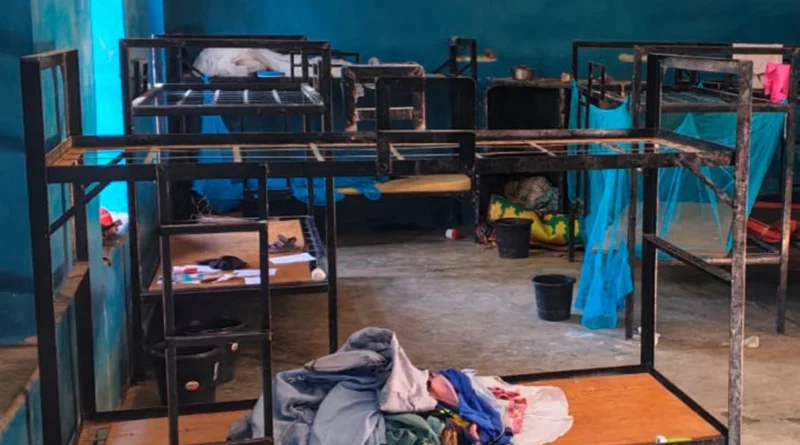Fear Rises as Over 300 Students Kidnapped in Nigeria
Fear Rises as Over 300 Students Kidnapped in Nigeria
Nigeria is facing renewed fear after more than 300 students and teachers were kidnapped from a school in Niger state. The early Friday attack on Saint Marys school has become one of the biggest abductions in the country in recent years and has stirred fresh concern about rising insecurity.
The Christian Association of Nigeria said the number of missing people is higher than first reported. The group earlier announced that 227 people were taken, but after a detailed check, it confirmed that 303 students and 12 teachers were kidnapped. The victims are between eight and eighteen years old. The number taken represents almost half of the schools total population of 629 students.
The government has not issued its own figures. Niger state governor Mohammed Umar Bago said security officials were still doing a head count. He has ordered all schools in the state to close while efforts to rescue the victims continue. Some neighboring states have also shut down their schools as a safety measure.
The national education ministry has instructed 47 boarding schools across the country to close. President Bola Tinubu has cancelled foreign travel, including a planned trip to the G20 summit in Johannesburg, to focus on the crisis.
The mass abduction happened only days after gunmen attacked a school in Kebbi state and took 25 girls. A separate attack on a church in western Nigeria earlier in the week left two people dead and many worshippers kidnapped during a service that was being streamed online.
These attacks come shortly after the United States president, Donald Trump, raised alarm about what he described as the killing of Christians in Nigeria. He threatened military action while calling on the Nigerian government to stop the violence. The United States defence secretary, Pete Hegseth, also urged Nigeria to take urgent steps to protect Christian communities during a meeting with the national security adviser, Nuhu Ribadu.
ALSO READ :Eruku CAC Attack: Church President Pays Sympathy Visit
The fear across the country is being made worse by memories of the Chibok kidnapping more than ten years ago when nearly 300 girls were taken by Boko Haram. Many of them are still missing today.
A video shared by the Christian Association of Nigeria gave a glimpse of the horror at Saint Marys school. A female staff member described hearing motorcycles and cars entering the compound. She said the attackers banged on several gates as children screamed. A security guard was heard groaning. She said the gang moved through the school for almost three hours without any challenge.
The fear has spread far beyond Niger state. In Abuja, a nurse named Stella Shaibu rushed to pick up her daughter from a boarding school in Bwari. She questioned how hundreds of children could be taken at once and said it showed that the government was failing to protect its citizens. She added that she would welcome any help from the United States to improve security.
Gunmen also attacked a church in western Nigeria on Tuesday, killing two worshippers and kidnapping many others. The violence was captured during a livestream of the service, adding to public shock.
Kidnapping has become a major threat in parts of northern and central Nigeria. Armed gangs target rural areas where security is weak and often demand ransom from families. Many of these groups are based in a large forest that stretches across several states in the region.
While the gangs are mostly driven by money, security experts say their growing ties with jihadist groups from the north east pose a serious danger. The partnership has strengthened their firepower and made rescue operations harder.
Nigeria is facing tough questions about protecting schools and keeping children safe. The latest kidnapping has forced the country to confront the growing power of criminal gangs and the urgent need for stronger security. Families across the country are calling for action as the search for the missing students and teachers continues.
Content Credit : Boluwatife Abiola
Image Credit : Google. Com



